Fleetwood Mac — [Peter Green’s] Fleetwood Mac
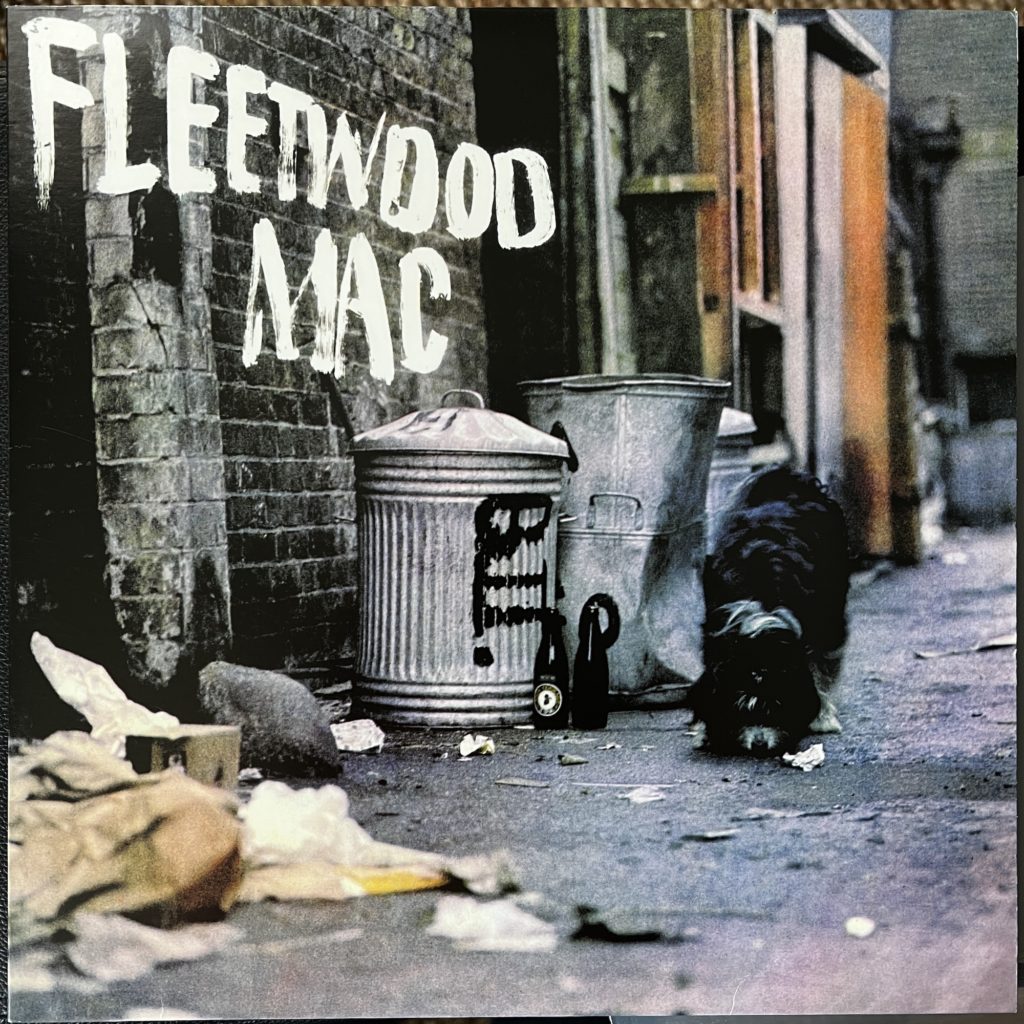
As a teenager in the years when Fleetwood Mac absolutely ruled the airwaves, when “Fleetwood Mac” and “Rumours” were absolutely inescapable, I was fully aware that there had been earlier records and earlier iterations of the band. In fact, as someone who regularly scoured used record bins, it would have been impossible to ignore the many, many copies of middle-years Fleetwood Mac albums like “Bare Trees” or “Mystery to Me.” They were ubiquitous, and their availability didn’t speak well of their quality, it seemed. (Full disclosure: I’m not a fan of the Bob Welch years.)
And there were always comments in the press that the band went much further back than that, and that they had started as a British blues band. It wasn’t so easy to look up an artist’s discography back then, and those discs didn’t haunt the bins. To this day I don’t believe I’ve seen an original 1968 edition of this album anywhere in the wild. They simply didn’t exist.
Somewhere a few years back (maybe the Sirius blues channel?), I heard “I Loved Another Woman,” and immediately fell in love with that first iteration of this legendary band. I picked up a digital copy of this album (with perhaps too many alternate versions), and gave it a lot of play in the days before I started listening almost exclusively to vinyl. That led to my jumping on a copy of “Blues Jam in Chicago” when I ran across it at Siren Records a few years back, which taught me what an absolutely solid blues band Fleetwood Mac was.
When Forever Changes opened up again as a pop-up, following the pandemic lockdown, this was one of the first albums I bought. This is awesome. Peter Green was the real deal, and so is this album.
By the way, Fleetwood Mac is one of two artists in my collection to issue two eponymous albums. This one from 1968 was followed seven years later by another album of the same name, but essentially a very different band.
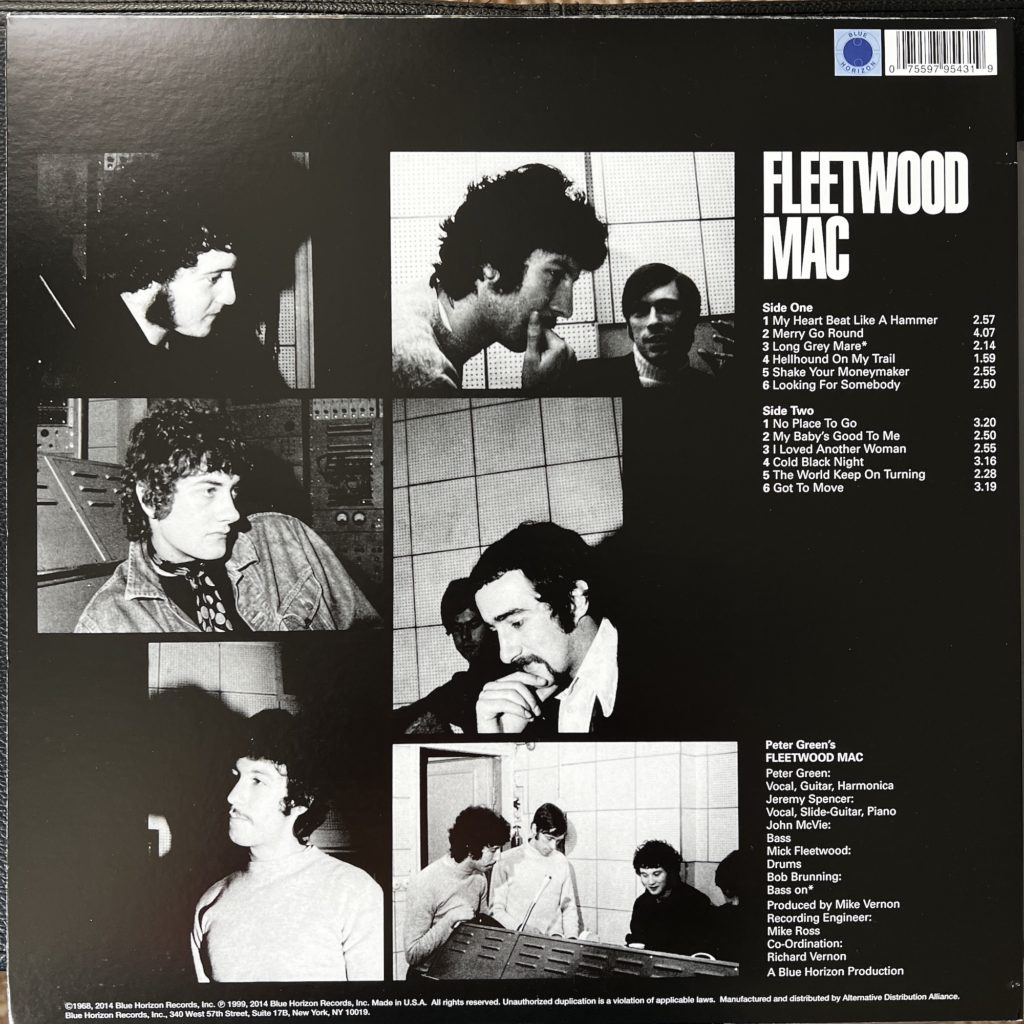
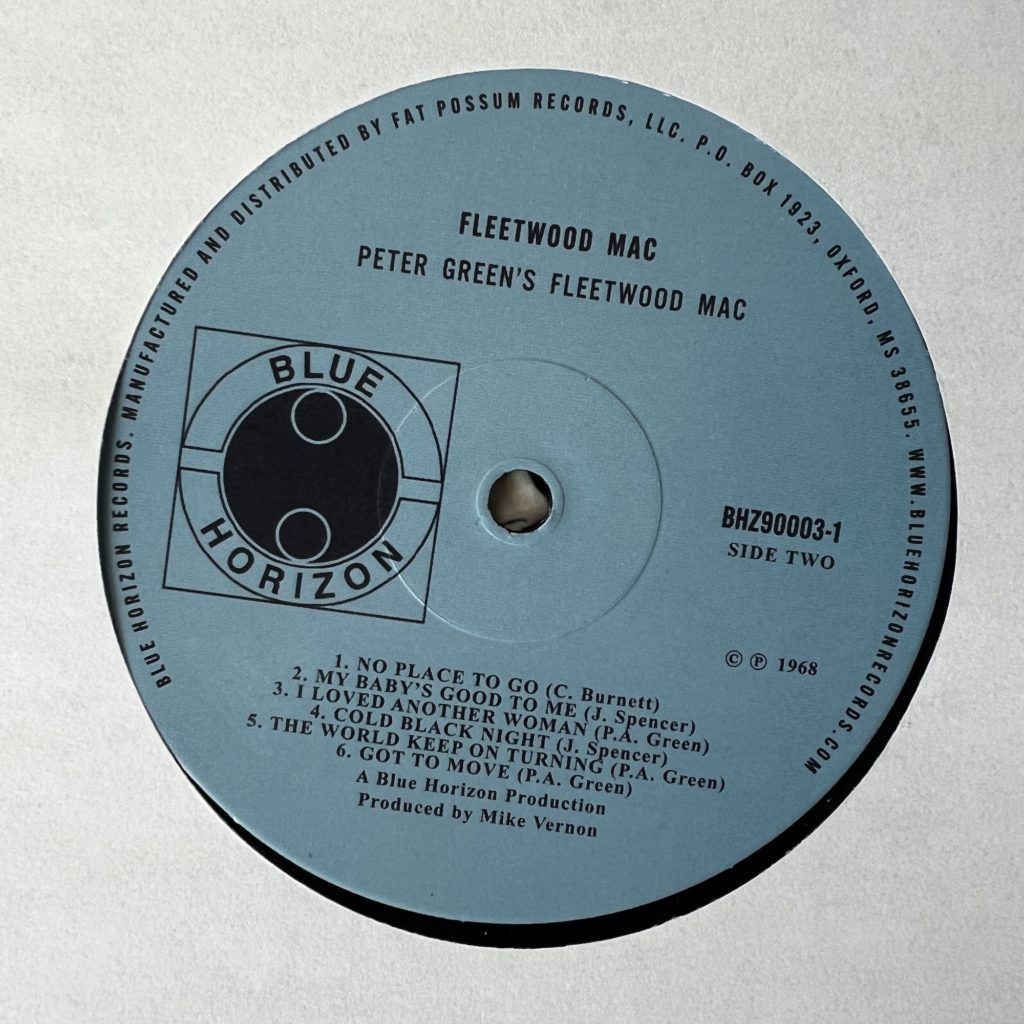
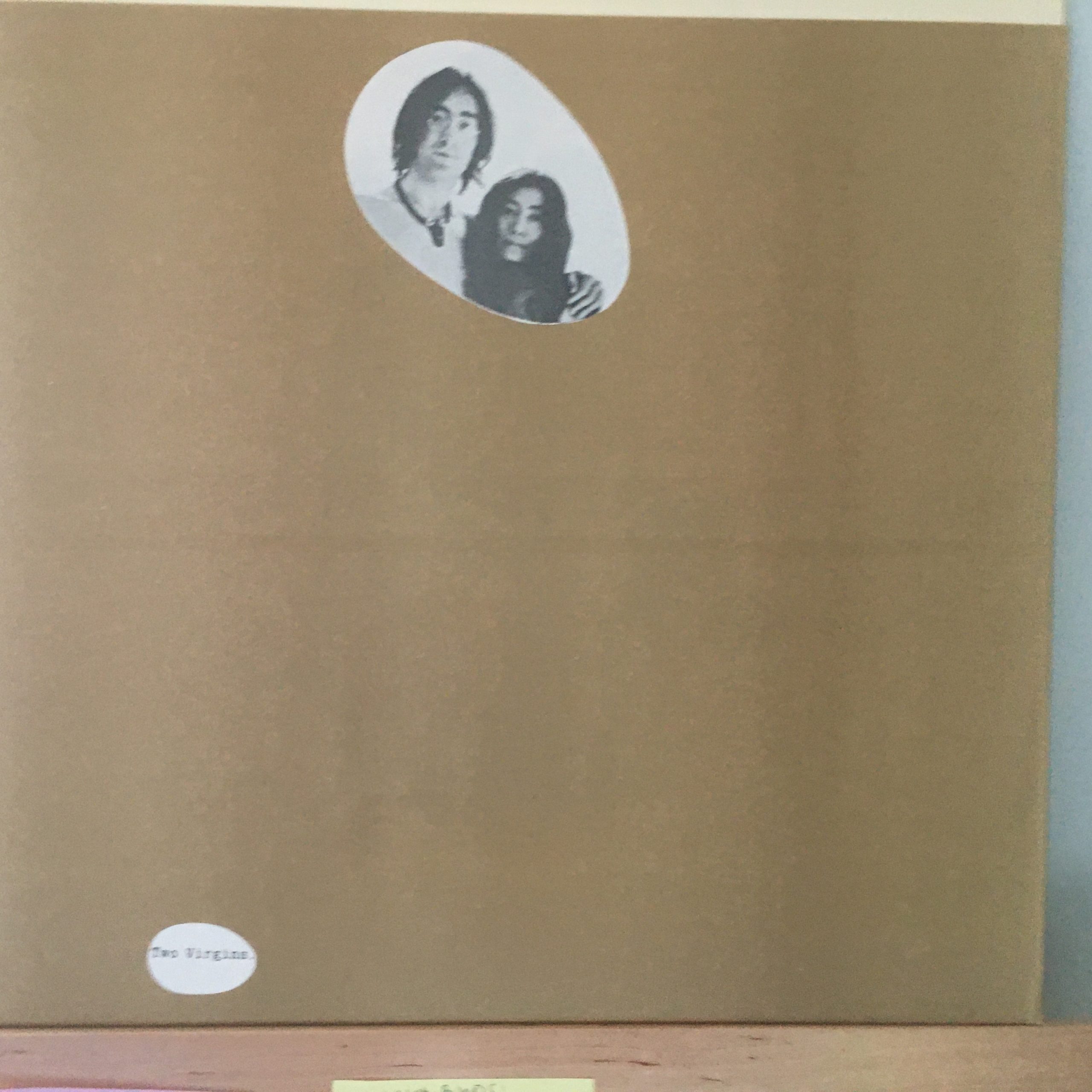
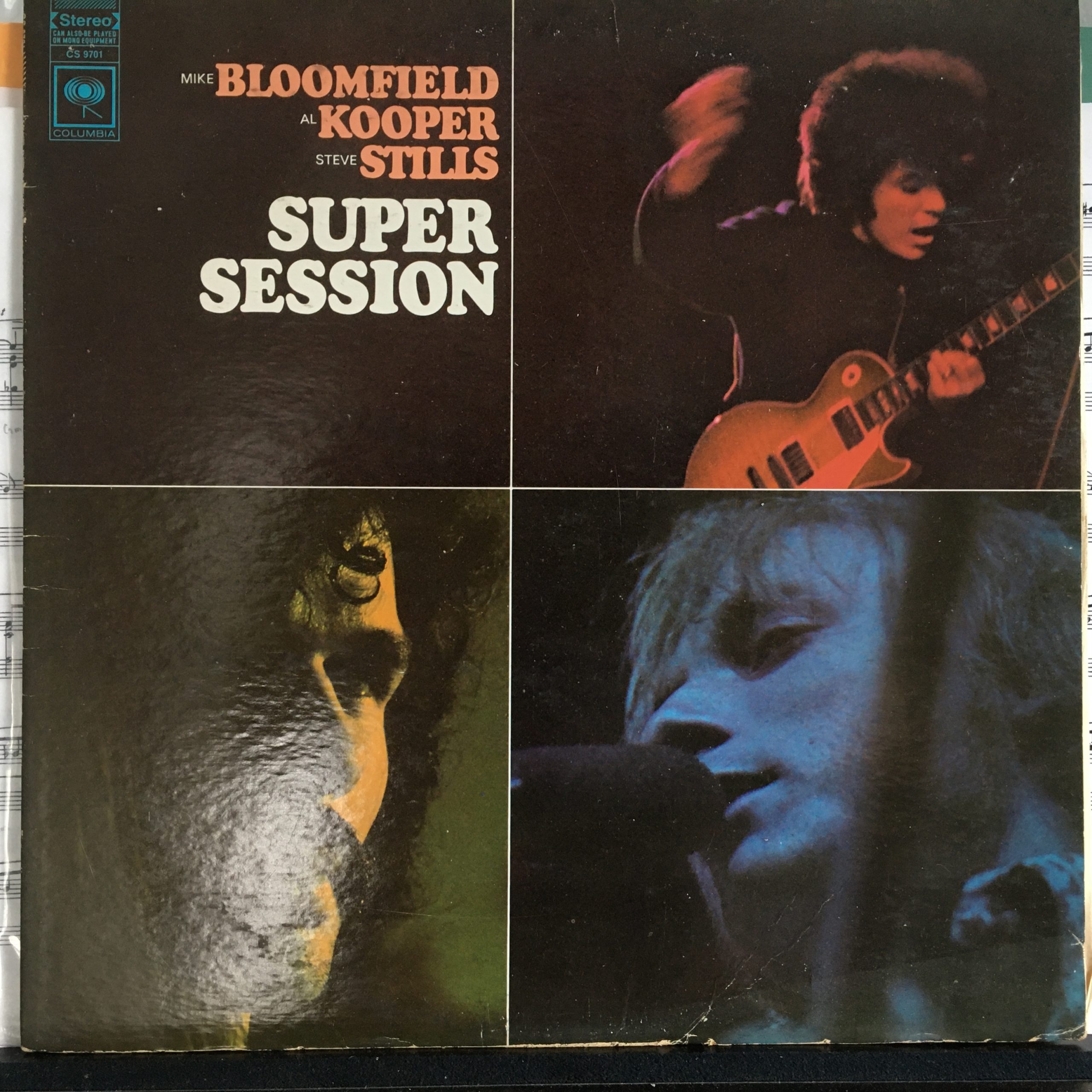
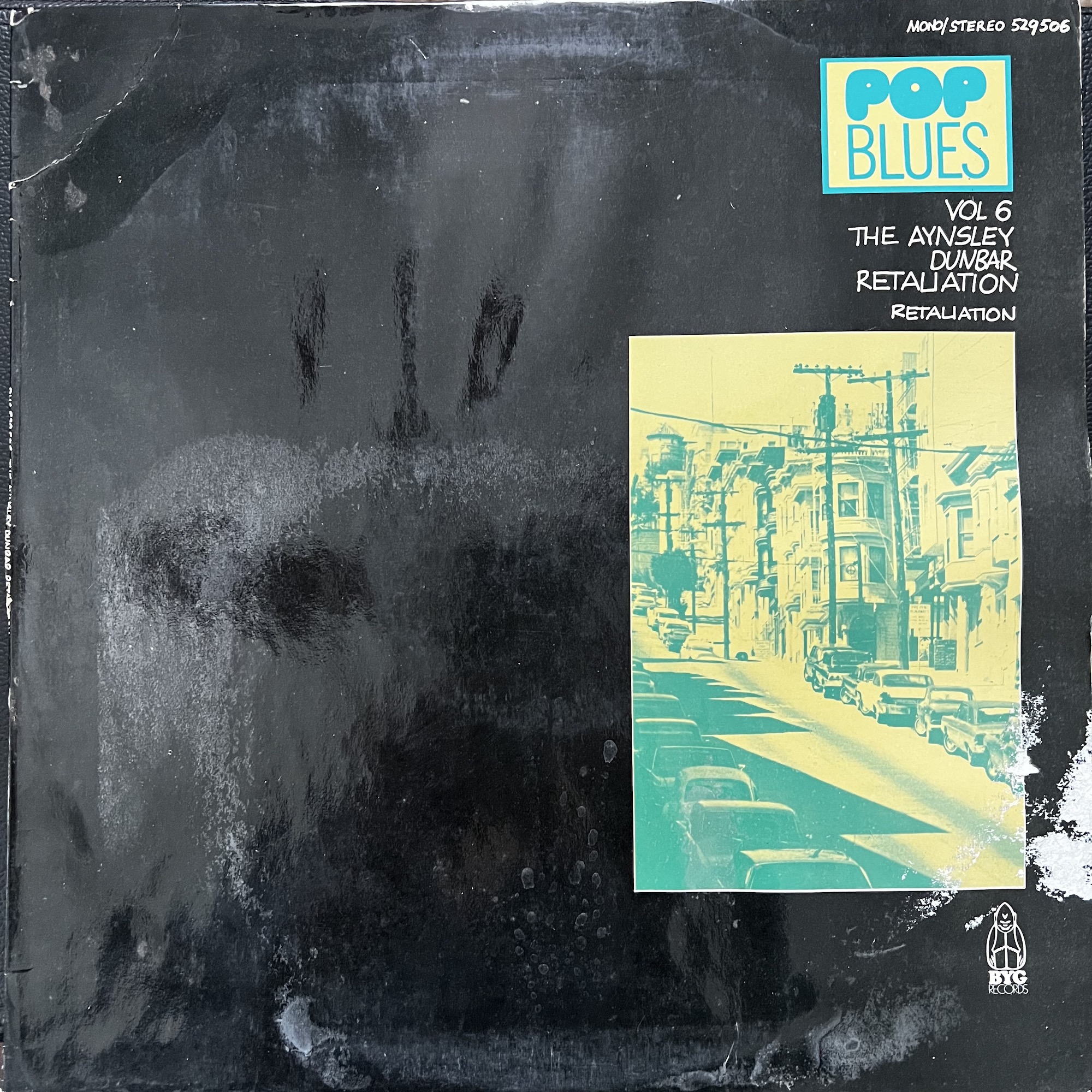
Big fan of the Welch years here (just wrote about that again in an obit for the wonderful Mrs McVie yesterday), but agree that the original band was aces too. When the second eponymous FM album came out and was hitting big, I was given a copy of “Future Games” by a relative, perhaps aware that “the kids” liked this Fleetwood Mac thing, whatever it was, and perhaps equally happy to get this older disc for a pittance in a discount bin when they needed to make a gift. And I ADORED that album, still do, arguably my fave Mac one to this day. Soon after, and as in your case in pre-internet research days, I popped for a copy of “Fleetwood Mac in Chicago” at the military exchange on the base where we lived, sort of assuming that all of the pre-Buckingham/Nicks stuff must be similar to “Future Games.” Uhhhhh . . . . NOPE!!! What the hell is this stuff?!?! At the time, I stashed it away as a misbegotten use of my newspaper delivery earnings and don’t think I listened to it again until, I dunno, somewhere deep in college years, I think. And I was happy to realize that I’d grown up enough in my musical tastes to love it by then. Demonstrates the benefits of persistent open-mindedness, I guess, if nothing else . . .
For whatever reason the Welch years, despite others’ contributions, are just not for me, but I’m hella jealous that you had that many years to enjoy the Chicago record. I only discovered it about four years ago. I mean, I knew it was out there, but I didn’t know that it was *great*.
I’m about to give your propensity for and commitment to lists a nod as I am working on a list of my favorite finds of 2022. One or three of the records may even have come out this year . . . we’ll see!
Oooo, lists, yay!!!
I do think that the best bits of the Welch years were when they had the Kirwan-Welch-McVie troika writing and singing (“Future Games” and “Bare Trees”), similar to the Buckingham-Nicks-McVie era. The post-Kirwan trio of albums are somewhat slighter, for sure, but I’m still fond of them.
It’s good solid British blues-rock isn’t it? You probably know this, but the red Fleetwood Mac Greatest Hits (as distinct from the green/white rose album of the same name released later) gathers all the wonderful Peter Green era singles, many of which did not appear on those first few LPs.